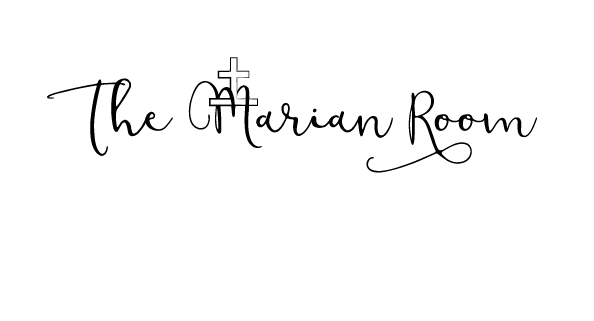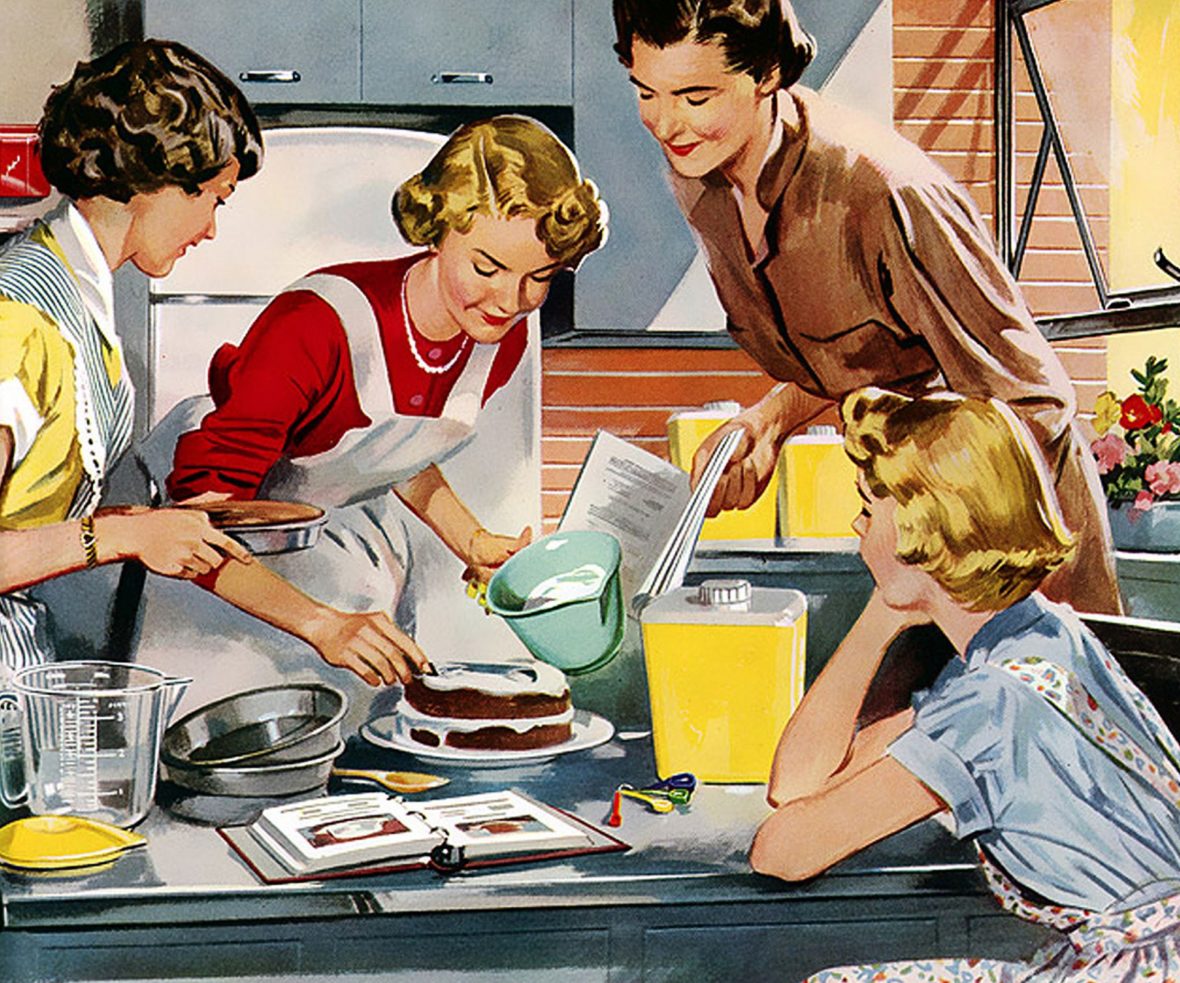Over the weekend, a lively discussion took place over a certain dining table in a little hamlet west of the Atlantic. That the said table is circa 1968 Formica, the inhabitants being perpetually short of cash since baby elves continually appeared through the years needing Things and Such, well, do not throw out the discussion on a count of the Formica. The inhabitants of the cottage are very aware that HGTV insists that All Houses Must Have Granite Countertops, but as was said, people in this hamlet tended to reproduce a bit more than the average family, and well, countertops had not made it to the top of the Bills To Be Paid or We’ll Lose The House list. Anyway, back to the discussion. I was told the discussion was quite lively, the inhabitants were toasting a birthday with a glorious German Chocolate cake, made from scratch. There was a bit of wine about, and the baby was systematically emptying all of the cabinets at the feet of the celebrating adults. At a certain point the cat made an appearance complaining that she was being neglected on account of visiting guests, and had to be soothed in an adjourning room with promises that she would receive the proper attention once the guests had departed.
Anyway, again, back to the discussion. It had veered to a dangerous topic: motherhood. Now, from the safe confines of my desk, I will add to the discussion. Yes, in this day and age it is dangerous to discuss motherhood, womanhood, femininity, or anything having to do with the Double X Chromosome Being unless it has to do with grievances and words to the effect that double Xs are continually underpaid and treated poorly by some grand overlord. Have women received poor treatment through the years? Of course. Men have, too (think of slavery, men dying in unsafe coal mines, the misuse of men by rich industrialists prior to the formation of unions, etc.). This is fallen Eden. There exists original sin. But, if a person studies history, there has never been a society where women are better treated than in Christian America, or what remains of a Christian America. G.K. Chesterton, though he died in 1936, tackled the Question of Women in his writings, and had some interesting things to say on this grand topic. G.K. Chesterton had a deep respect for women which almost bordered, in a comical way, on fear. He stated quite often that women kept the world on track by functioning as a Trimmer, one who steers a boat, sitting in the back where many will not sit, to keep the vessel on course. He said in What’s Wrong With The World:
“There is only one way to preserve in the world that high levity and that more leisurely outlook which fulfils the old vision of universalism. That is, to permit the existence of a partly protected half of humanity; a half which the harassing industrial demand troubles indeed, but only troubles indirectly. In other words, there must be in every center of humanity one human being upon a larger plan; one who does not ‘give her best,’ but gives her all.
Our old analogy of the fire remains the most workable one. The fire need not blaze like electricity nor boil like boiling water; its point is that it blazes more than water and warms more than light. The wife is like the fire, or to put things in their proper proportion, the fire is like the wife. Like the fire, the woman is expected to cook: not to excel in cooking, but to cook; to cook better than her husband who is earning the coke by lecturing on botany or breaking stones. Like the fire, the woman is expected to tell tales to the children, not original and artistic tales, but tales—better tales than would probably be told by a first-class cook. Like the fire, the woman is expected to illuminate and ventilate, not by the most startling revelations or the wildest winds of thought, but better than a man can do it after breaking stones or lecturing. But she cannot be expected to endure anything like this universal duty if she is also to endure the direct cruelty of competitive or bureaucratic toil. Woman must be a cook, but not a competitive cook; a school mistress, but not a competitive schoolmistress; a house-decorator but not a competitive house-decorator; a dressmaker, but not a competitive dressmaker. She should have not one trade but twenty hobbies; she, unlike the man, may develop all her second bests. This is what has been really aimed at from the first in what is called the seclusion, or even the oppression, of women. Women were not kept at home in order to keep them narrow; on the contrary, they were kept at home in order to keep them broad. The world outside the home was one mass of narrowness, a maze of cramped paths, a madhouse of monomaniacs. It was only by partly limiting and protecting the woman that she was enabled to play at five or six professions and so come almost as near to God as the child when he plays at a hundred trades. But the woman’s professions, unlike the child’s, were all truly and almost terribly fruitful; so tragically real that nothing but her universality and balance prevented them being merely morbid. This is the substance of the contention I offer about the historic female position. I do not deny that women have been wronged and even tortured; but I doubt if they were ever tortured so much as they are tortured now by the absurd modern attempt to make them domestic empresses and competitive clerks at the same time. I do not deny that even under the old tradition women had a harder time than men; that is why we take off our hats. I do not deny that all these various female functions were exasperating; but I say that there was some aim and meaning in keeping them various. I do not pause even to deny that woman was a servant; but at least she was a general servant.
The shortest way of summarizing the position is to say that woman stands for the idea of Sanity; that intellectual home to which the mind must return after every excursion on extravagance. The mind that finds its way to wild places is the poet’s; but the mind that never finds its way back is the lunatic’s. There must in every machine be a part that moves and a part that stands still; there must be in everything that changes a part that is unchangeable. And many of the phenomena which moderns hastily condemn are really parts of this position of the woman as the center and pillar of health. Much of what is called her subservience, and even her pliability, is merely the subservience and pliability of a universal remedy; she varies as medicines vary, with the disease. She has to be an optimist to the morbid husband, a salutary pessimist to the happy-go-lucky husband. She has to prevent the Quixote from being put upon, and the bully from putting upon others. The French King wrote—
'Toujours femme varie Bien fol qui s’y fie,'
but the truth is that woman always varies, and that is exactly why we always trust her. To correct every adventure and extravagance with its antidote in common-sense is not (as the moderns seem to think) to be in the position of a spy or a slave. It is to be in the position of Aristotle or (at the lowest) Herbert Spencer, to be a universal morality, a complete system of thought. The slave flatters; the complete moralist rebukes. It is, in short, to be a Trimmer in the true sense of that honorable term; which for some reason or other is always used in a sense exactly opposite to its own. It seems really to be supposed that a Trimmer means a cowardly person who always goes over to the stronger side. It really means a highly chivalrous person who always goes over to the weaker side; like one who trims a boat by sitting where there are few people seated. Woman is a trimmer; and it is a generous, dangerous and romantic trade.
The final fact which fixes this is a sufficiently plain one. Supposing it to be conceded that humanity has acted at least not unnaturally in dividing itself into two halves, respectively typifying the ideals of special talent and of general sanity (since they are genuinely difficult to combine completely in one mind), it is not difficult to see why the line of cleavage has followed the line of sex, or why the female became the emblem of the universal and the male of the special and superior. Two gigantic facts of nature fixed it thus: first, that the woman who frequently fulfilled her functions literally could not be specially prominent in experiment and adventure; and second, that the same natural operation surrounded her with very young children, who require to be taught not so much anything as everything. Babies need not to be taught a trade, but to be introduced to a world. To put the matter shortly, woman is generally shut up in a house with a human being at the time when he asks all the questions that there are, and some that there aren’t. It would be odd if she retained any of the narrowness of a specialist. Now if anyone says that this duty of general enlightenment (even when freed from modern rules and hours, and exercised more spontaneously by a more protected person) is in itself too exacting and oppressive, I can understand the view. I can only answer that our race has thought it worth while to cast this burden on women in order to keep common-sense in the world. But when people begin to talk about this domestic duty as not merely difficult but trivial and dreary, I simply give up the question. For I cannot with the utmost energy of imagination conceive what they mean. When domesticity, for instance, is called drudgery, all the difficulty arises from a double meaning in the word. If drudgery only means dreadfully hard work, I admit the woman drudges in the home, as a man might drudge at the Cathedral of Amiens or drudge behind a gun at Trafalgar. But if it means that the hard work is more heavy because it is trifling, colorless and of small import to the soul, then as I say, I give it up; I do not know what the words mean. To be Queen Elizabeth within a definite area, deciding sales, banquets, labors and holidays; to be Whiteley within a certain area, providing toys, boots, sheets, cakes and books, to be Aristotle within a certain area, teaching morals, manners, theology, and hygiene; I can understand how this might exhaust the mind, but I cannot imagine how it could narrow it. How can it be a large career to tell other people’s children about the Rule of Three, and a small career to tell one’s own children about the universe? How can it be broad to be the same thing to everyone, and narrow to be everything to someone? No; a woman’s function is laborious, but because it is gigantic, not because it is minute. I will pity Mrs. Jones for the hugeness of her task; I will never pity her for its smallness.
But though the essential of the woman’s task is universality, this does not, of course, prevent her from having one or two severe though largely wholesome prejudices. She has, on the whole, been more conscious than man that she is only one half of humanity; but she has expressed it (if one may say so of a lady) by getting her teeth into the two or three things which she thinks she stands for. I would observe here in parenthesis that much of the recent official trouble about women has arisen from the fact that they transfer to things of doubt and reason that sacred stubbornness only proper to the primary things which a woman was set to guard. One’s own children, one’s own altar, ought to be a matter of principle—or if you like, a matter of prejudice. On the other hand, who wrote Junius’s Letters ought not to be a principle or a prejudice, it ought to be a matter of free and almost indifferent inquiry. But take an energetic modern girl secretary to a league to show that George III wrote Junius, and in three months she will believe it, too, out of mere loyalty to her employers. Modern women defend their office with all the fierceness of domesticity. They fight for desk and typewriter as for hearth and home, and develop a sort of wolfish wifehood on behalf of the invisible head of the firm. That is why they do office work so well; and that is why they ought not to do it.”
Ouch. Sounds old fashioned, eh? But, if re-read slowly and with thought, it makes sense. Modern women are running about trying to work a full-time job and care for their families. Someone suffers, and it is often the house, the children, the man, andddd the woman. If women wish to divide themselves up, and work at such a frenetic pace, they may. That is their right, but what about women who do not wish to do so, who wish to be universalists, stay at home, raise their children, care for their homes, and according to naysayers, serve? Yes, serve. When did the word “serve” get such a bad name? Men serve every day when they go out into the workforce. Ninety- nine percent of their work is not glamorous, but grueling, and there hangs over them the constant threat of losing their job with the subsequent failure of not being able to provide for their families.
Women, mothers, life is very short. From the Formica- laden table, and my desk, take this little lesson if you are so inclined: ask yourself what God wants of you. What is His will for your life? Do not (without thought) buy into what the culture tells you what you must do to “be fulfilled.” Think about what matters to you, where you wish to spend your life, and with whom you wish to spend your time. The work of motherhood is very important to society; however, you will get no paycheck (and will often have to live with Formica counters in a granite countertop world!), will receive no awards from your Alma Mater, so do not allow such enticements to blind you to the real rewards: adult children and a husband who praise your worth, and laud you at the city gates (Proverbs 31).
•SCF






